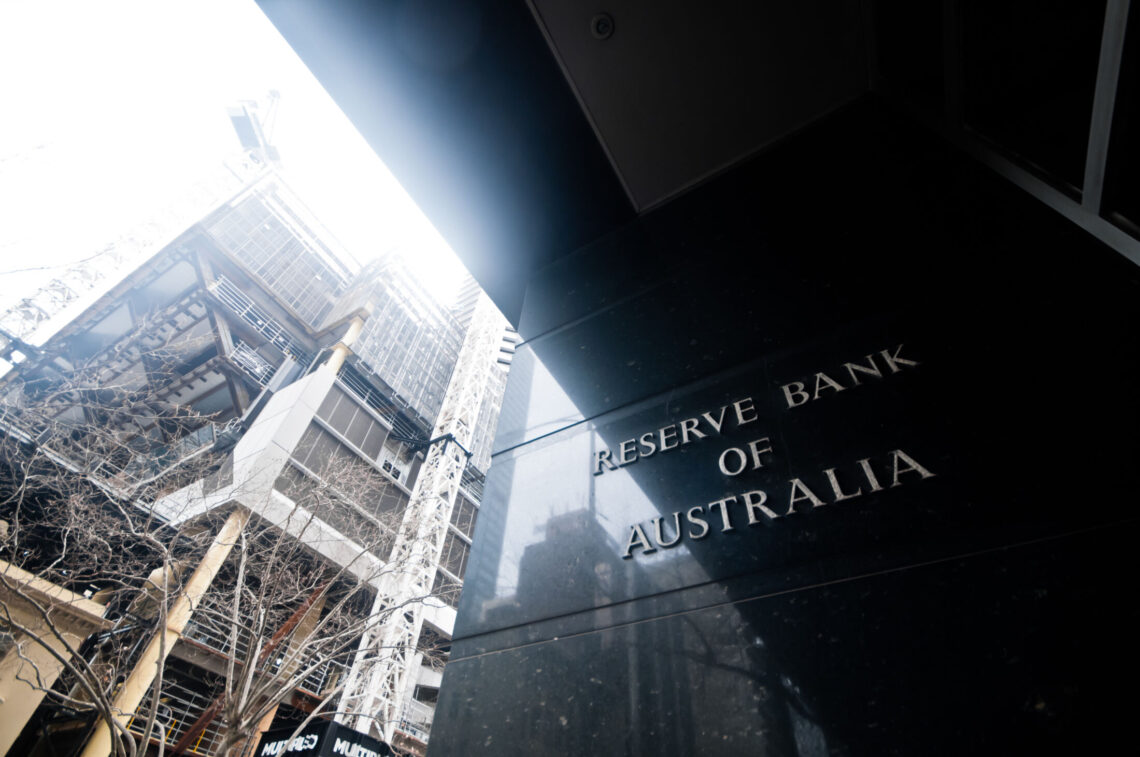
Expectations of a pause to the Reserve Bank’s monetary policy tightening cycles have been buoyed by a sharper than expected fall in annualised inflation.
According to the Australian Bureau of Statistics’ (ABS) latest monthly consumer price index (CPI), annualised inflation fell for the second consecutive month to 6.8 per cent in February – below market expectations.
This represented a 0.6 per cent decline from the previous month, in which annualised inflation was reported at 7.4 per cent.
The monthly decline is 1.6 per cent below the peak of 8.4 per cent in December.
The monthly CPI result is expected to influence the Reserve Bank of Australia’s (RBA) next monetary policy board decision, along with the latest retail sales figures and business indicators.
The ABS released retail sales figures for the month of February earlier this week, revealing a 0.2 per cent increase, down from a 1.8 per cent rise in January.
Except for the latest labour force data – reporting a seasonally adjusted unemployment rate of 3.5 per cent, down from 3.7 per cent in January – other periodic economic indicators suggest the economy is weakening.
Wages grew 0.8 per cent in the three months to 31 December, slowing from 1.1 per cent in the previous quarter and falling below market expectations of a 1 per cent rise.
This coincided with weakness in aggregate economic activity, with GDP growth slowing to 0.5 per cent over the fourth quarter of 2022 – below market expectations of 0.8 per cent.
Markets are increasingly expecting the RBA to pause its tightening cycle when the board meets next week (Tuesday, 4 April), particularly amid further evidence of a broader slowdown in the economy.
Following the central bank’s last cash rate decision, RBA governor Philip Lowe hinted at a near-term pause.
“We are closer to a pause and it’s a matter of logic really, as you increase interest rates higher you get closer to the point where it is appropriate just to stop for a while and just assess the flow of data,” he told the AFR Business Summit on Wednesday, 8 March.
“We’ve done a lot in a short period of time and at some point, it’s going to be appropriate to sit still and assess the collective effects of that.”
Mr Lowe said the board would carefully assess key economic data to be released ahead of the next board meeting, making specific reference to monthly employment, inflation, retail spending, and business indicators.
“If collectively, they suggest that the right thing to do is to pause, then we’ll do that. But if they suggest that we need to keep going, then we will do that,” he added.
“So, we’ve got a completely open mind about what happens at the next board meeting.”
Source: All eyes on RBA as inflation dips below expectations, Charbel Kadib for Investor Daily
